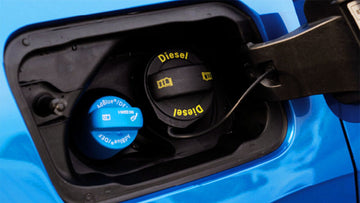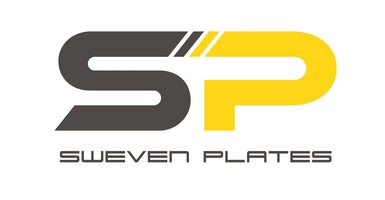
If you're contemplating the purchase of a diesel car manufactured post-2015, chances are it will utilise AdBlue. But what exactly is AdBlue, and why is it essential for your vehicle? This informative guide will take you through all the essential details.
What is AdBlue and its Purpose?
AdBlue is a non-toxic liquid injected into the exhaust system of diesel cars to facilitate emissions cleanup. Many manufacturers incorporate AdBlue systems to adhere to Euro 6 emissions standards.
Comprising mainly water and urea (yes, the component found in urine), AdBlue is part of selective catalytic reduction (SCR). SCR breaks down nitrous oxide produced by diesel engines by introducing small amounts of AdBlue into the exhaust, transforming harmful emissions into water and nitrogen.
Cars Using AdBlue
AdBlue systems are exclusive to diesel cars, which emit more nitrous oxide than their petrol counterparts. Most diesel vehicles built post-September 2015 use AdBlue to reduce NOx emissions and comply with Euro 6 standards.
AdBlue Topping-Up
Vehicles requiring AdBlue typically display a warning on the dashboard when levels are low, indicating the remaining mileage before depletion. The frequency of AdBlue top-ups depends on factors like tank size, fuel consumption, and driving style. As a general guideline, expect to use about a liter for every 600 miles.
Where and How to Top Up AdBlue
Topping up AdBlue is a simple task you can do at home. Five-liter containers are available at most garages and motor factors. Ensure the AdBlue meets the correct specifications (look for a code beginning with ISO 22241) to avoid damaging the SCR catalyst. The filler, usually marked with a blue cap, is typically located under the fuel door. Refer to your owner's manual if you have trouble finding it. AdBlue must be added in full, as partial additions won't register on the gauge, and unused portions don't keep for later use.
If you prefer professional assistance, mechanics or dealerships can also handle AdBlue top-ups, often performed during routine services.
AdBlue Cost
AdBlue prices vary, with a typical five-liter bottle costing around £10. While some petrol stations offer AdBlue pumps, these are rare and more expensive. Getting it done by a mechanic or dealer is also costlier, making self-topping a more economical choice.
Running Out of AdBlue
Ignoring low AdBlue warnings can lead to your car entering 'limp-home mode.' In this state, performance is significantly restricted to minimise emissions, allowing you to drive to a safe location. Once stopped, restarting may be prohibited until the AdBlue tank is refilled. Therefore, taking a few minutes to ensure AdBlue levels are topped up is advisable.
